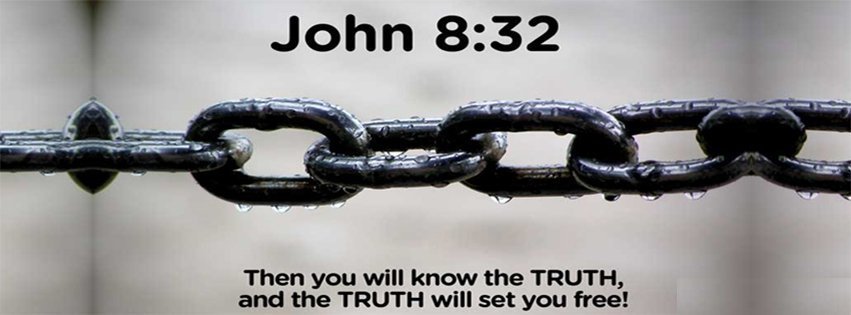As a minister, one question that I ask people often is, “how do we know what God is like?” The way that we are taught to read the bible can have a tremendous influence on how we answer this question. How do you think it would affect someone’s thoughts about God if you told them that he made something that was evil and that would kill people, and he purposefully put it right in front of the first two people he created, just to tempt them. Oh and I forgot to mention, he made the evil thing look like something that would be really good. Or think about it like this, how would you feel if you developed cancer and then discovered that your parents had filled one of your toys with asbestos and put it in your crib, but told you not to play with it. These are some of the subtle messages that can be sent to children if we teach lessons from the bible like they are quaint fairy tales or history lessons.
One of the most common questions that kids entering into adolescence ask me about the Garden of Eden is, “why did God make the Tree of the Knowledge of Good and Evil, if he knew Adam and Eve were going to eat from it?” When a child asks a question like this it is a clear sign that they are ready to learn a deeper truth about the story, and this truth is something that we should all meditate on day and night. The tree is not just a tree. The tree represents every decision we are faced with that has the possibility of a good or an evil outcome. We may know the difference between good and evil intellectually or in our minds, but when we make a decision that leads to the pain and suffering of evil, we come to know evil experientially or in our hearts. We gain the full knowledge of good AND evil.
Now some children will accept this teaching and never question the story again, but many will go on to ask. “why does God give us desires for things that are evil?” This really is a great moment to remind them of Genesis chapter one (this is also an extremely important philosophical truth), that God did not create anything that is evil. The fruit of the Tree of the Knowledge of Good and Evil is good and a benefit to humanity, and the desire for it is a good and natural desire. This is why God can say in Genesis chapter three that, “they have become like us, knowing good and evil.” Think about it this way, if you could know all of the pain that a bad decision would cause, I mean truly know the pain that your family and friends would experience, and I mean actually feel the pain that they would feel, do you think you would make the same bad decisions?
When I was in Middle School I once rode the bus home with a friend and did not tell my parents where I was going. My mom and dad called everyone they knew, and finally tracked me down at about midnight. I came home and I could instantly tell that my mom had been crying on the couch for hours. Twenty years later, I am a father, and I am just now understanding how she must have felt. If I could have somehow possessed that knowledge when I was in Middle School, I would have never made that mistake. This is why it is so important for parents to constantly be cultivating relationships with their children and with God. Our relationships have to be cared for like gardens, so that we are able to pass on the knowledge that God has blessed us with, and so that our children feel safe to come to us when they make mistakes. Being raised by parents who loved me unconditionally, and taught me that God loved me in the same way, has been one of the greatest blessings in my life.
This is the type of relationship that God desires to have with us. Jesus refers to God as Father so often that we sometimes forget how powerful this revelation was and is. God was referred to as Father in the Old Testament, but it was minuscule compared to the number of times Jesus refers to God as Father in the gospels. Not only does Jesus refer to God as Father, he tells stories about father’s to help us understand what God is like. The parable of The Prodigal Son is a story about a father, and a young man who desired the knowledge of what it would be like to manage his own affairs and to live on his own. Neither of these desires are evil things in and of themselves, and they are desires which are natural and common to all of humanity. But just like Adam and Eve it was the prodigal son’s impatience which led him to sin. Ecclesiastes chapter three says that, “God has made everything beautiful in its time. He has also set eternity in the human heart; yet no one can fathom what God has done from beginning to end.” We must remind ourselves and pass on to the next generation this truth, that it is our destiny to contemplate the beauty of God and his creation for eternity, and it is something that cannot and should not be rushed.
The painting at the top of this page is Basket of Fruit by Michelangelo Caravaggio

